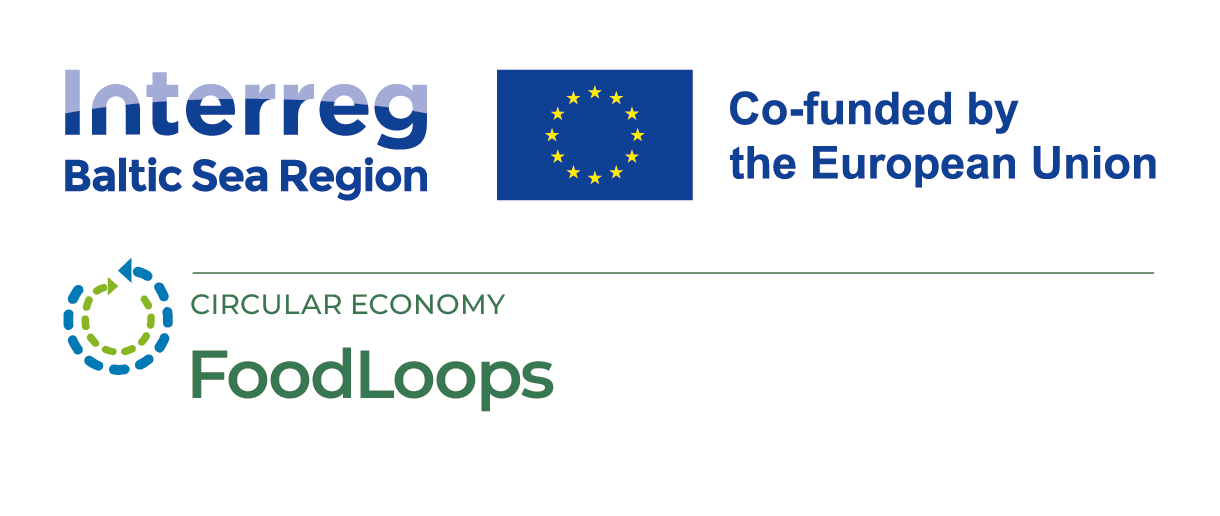
Spreading the knowledge of the Humus Campaign with FoodLoops project partners – 26 June 2025
02 September 2025
On 26 June 2025, the FoodLoops Finland project team met with representatives of the Humus Campaign to explore how early childhood education can be a powerful pathway to foster sustainability in the Baltic Sea Region. This collaboration also ties directly to FoodLoop’s objective of reducing food waste, closing material loops, and strengthening community-based circular food practices.
The Humus Campaign has gained recognition for its grassroots work in kindergartens, where children actively take part in worm composting activities. By collecting biowaste, feeding it to composting worms, and observing the transformation into nutrient-rich soil, children experience first-hand the natural cycle of organic matter. What begins as food scraps becomes fertile compost, and what might seem like waste turns into a valuable resource for life.
These hands-on activities are not only fun but also pedagogically powerful. They connect children directly with soil health, biodiversity, and ecological cycles. Worms are introduced as essential contributors to ecosystems, inspiring curiosity and respect for nature. Through storytelling, observation, and play, children begin to understand that biowaste is not “trash” but part of a living cycle that sustains communities. For FoodLoops, such experiential learning echoes the project’s broader aim of connecting citizens of all ages with circular food systems, from composting at schools to larger community-level practices.
For the FoodLoops project, these methods are highly relevant. They align with its mission to promote circular economy practices and create sustainable food systems. In addition to scaling educational models, FoodLoops seeks to connect these methods to its wider work on reducing food loss, improving biowaste valorization, and supporting sustainable food systems across the Baltic Sea Region. By collaborating with the Humus Campaign, FoodLoops sees the potential to develop training resources for educators and translate early learning into long-term behavioral change in how future generations approach food and waste.
The meeting ended with a shared commitment: to continue developing practical tools for educators, strengthen cooperation with municipalities, and explore opportunities to expand these practices across the Baltic Sea Region. Together, FoodLoops and the Humus Campaign are creating pathways to embed circular food culture from the very start of life, ensuring future generations inherit not just knowledge, but habits and systems that make sustainability second nature.





